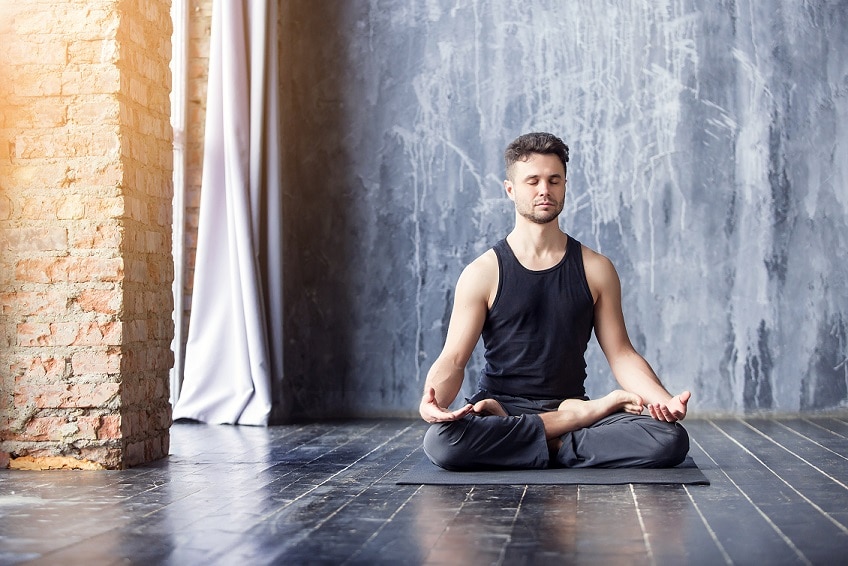A Look at Meditation

Ezra Bayda and Elizabeth Hamilton, husband and wife, have been practicing Zen meditation for over 40 years and have taught for the last 20 at the Zen Center of San Diego. They lead retreats across the United States and in Australia and France and have led meditation in hospice venues and a retirement community. Katherine Watson, executive managing editor of IDEA Fitness Journal, interviewed them about the rising interest in meditation.
IDEA: Why do we meditate? How does practicing meditation inform and enrich our lives?
Hamilton: I remember my mother and some others saying I seemed "nicer," or more empathic, and less distracted, after I'd been meditating for a while. Whether or not that was true, it's obvious that I'm more genuinely interested in others than I used to be when I was caught in self-centeredness a large part of the time, and didn't even realize it.
Bayda: These are big questions: Why do we meditate? How does it help us? Often the answers change as we become more experienced meditators. For example, I first began meditating in order to be free of anxiety. Sitting still and following the breath certainly helped, but I would have to admit that during that early phase my practice was still somewhat superficial.
Later, as I experienced life difficulties, particularly with my health, I had to go deeper in my meditation practice in order to find genuine benefit. It's hard to put this into words, but the reason I meditate now is to help uncover my true self; and the benet has been an increasing sense of equanimity, in both good times and difficult times.
IDEA: Meditation is becoming more mainstream in Western society. The rising interest in living more mindfully is surely something to be celebrated, but do you have any concerns about how this is unfolding? Can we "fast-track" meditation?
Bayda: When mindfulness first became so popular, I had some concerns, particularly that meditation practice would become diluted and perhaps even superficial. Now, however, I look at it a little differently. I believe that even a little exposure to the inner silence and stillness that is possible with meditation can be a good thing. This doesn't mean that a deeper meditation practice can be fast tracked—I don't believe it can; but some people can benefit by learning to simply settle down, even for short periods.
Hamilton: My first meditation teacher used to say, "Meditation needs to provide a big pasture—for all the wild horses that show up!"
We try to make it possible for people to start where they are. Whatever reasons we have for taking up meditation are fine. When we start, the gamut of motivations runs from wanting to be calm to seeking answers to the deepest existential questions.
IDEA: A lot of Americans who take up meditation are seeking relief from hectic lives fraught with distracted thinking. But when they sit down to meditate, their minds are still busy and they feel physically restless. New students may quickly become discouraged, feeling impatient with themselves or disappointed in the practice. What would you say to them?
Bayda: Since everyone I've ever met has difficulty, at least in the beginning, with distracted thinking, I let students know it's quite normal, and that it doesn't mean there's anything wrong with them or with their efforts. When we become aware that we have unrealistic expectations, which in turn lead to self-judgments and discouragement, it's much easier to lighten up on ourselves and continue a meditation practice. In fact seeing through our expectations and judgments is one of the many benefits of meditating.
Hamilton: Sometimes folks don't know until they sit down, quietly, that their mind is all over the map. It's necessary to know this; otherwise we may believe the notion that meditation can immediately give us a quiet mind.
As we practice, we can discover that there's something healing about cultivating the ability to simply be where we are, in the present moment—instead of having our thoughts head toward the future (planning)
Ironically, people sometimes don't realize the benefits of meditation until they've stopped. When they experience hard times—that's when they sense the value of meditation, and often return to the practice.





